Natural cosmetics & organic cosmetics – The advantages of cosmetics without additives
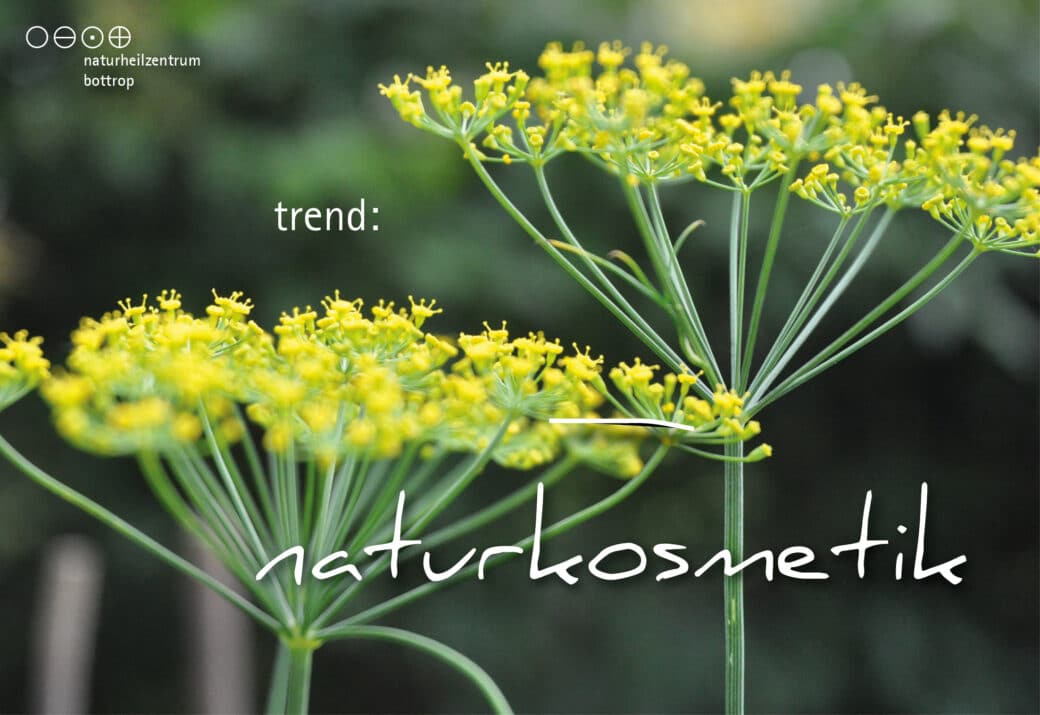
Natural cosmetics can be good for health and the environment
Natural cosmetics & organic cosmetics are trending. In a study it was found that the market for cosmetics without additives has nearly doubled in the last 10 years. This goes hand in hand with a generally higher awareness of health and the environment among consumers.
What advantages natural cosmetics & organic cosmetics actually have and how the two terms differ from each other, however, is less known.
We go into what is behind the terms, what benefits can result for health and the environment and what consumers can look out for when buying.
What are natural cosmetics and organic cosmetics? What is the difference?
Natural cosmetics is not a protected term, which means that in principle all cosmetics can be sold under this name. In general, however, it specifically means cosmetics without those additives that have proven to be problematic for health or the environment. These substances include, among others, those based on petroleum, silicones or polyethylene glycols (PEG), which are permitted by the EU in cosmetics.
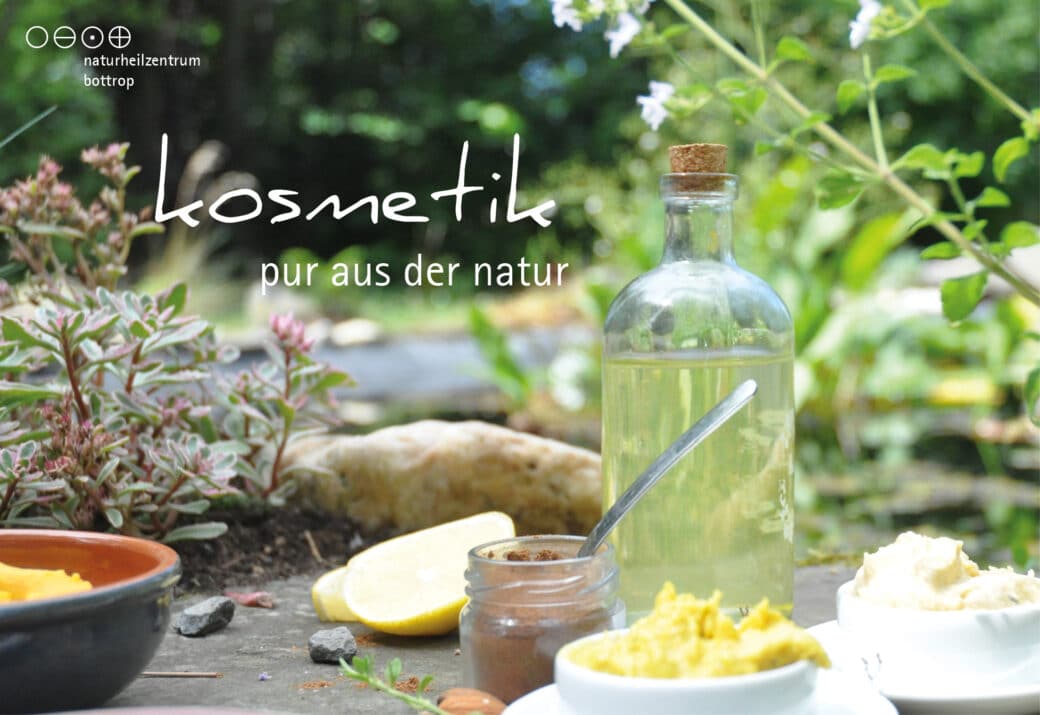
In order to give consumers a better overview, there are test seals from various organizations that identify a cosmetic product as natural cosmetics, such as the NATRUE or the BDIH seal. Such products are usually free of the problematic ingredients mentioned. At the same time, stricter rules usually apply to animal testing. This is pointed out, among others, by the Verbraucherzentrale.
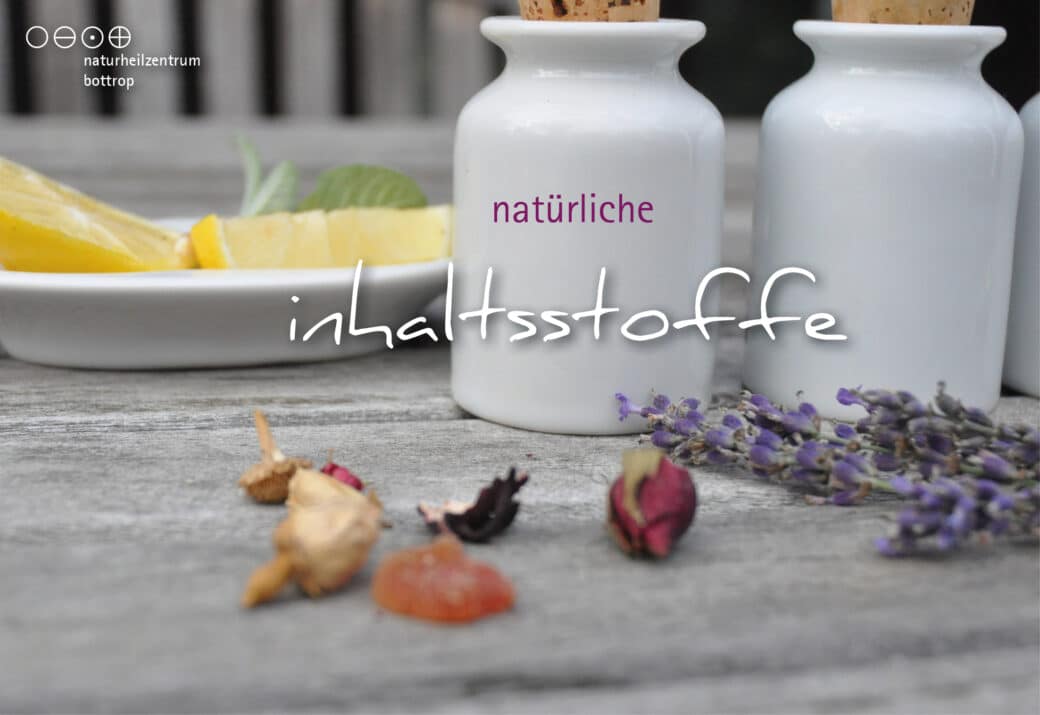
Organic cosmetics are subject to even higher standards, as all ingredients must come from certified organic sources. However, the same applies here: The term “organic cosmetics” or “organic cosmetics” is not protected by law. Consumers are therefore advised to take a look at the list of ingredients themselves.
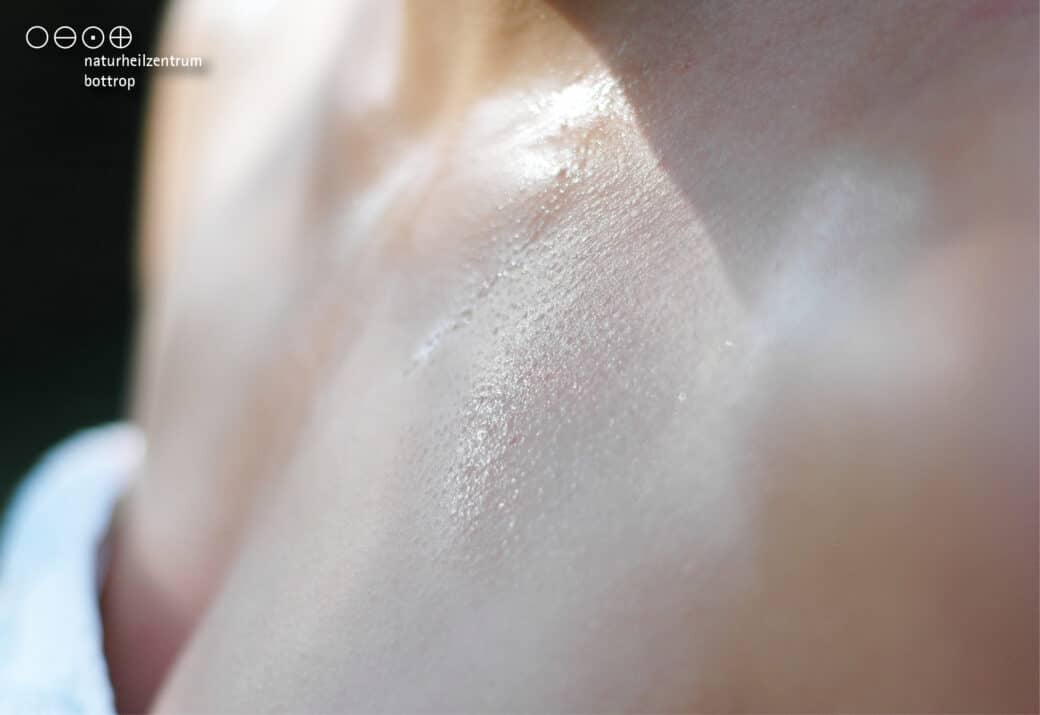
Natural cosmetics & organic cosmetics can be good for your health
Christian Rüger, alternative practitioner and institution manager at the Naturheilzentrum Bottrop, sees natural cosmetics and organic cosmetics as an opportunity to do something good for your own health:
“It is frightening how many problematic substances are often found in ordinary cosmetics. From preservatives to microplastics, the colourful labels often conceal a real chemical cocktail.
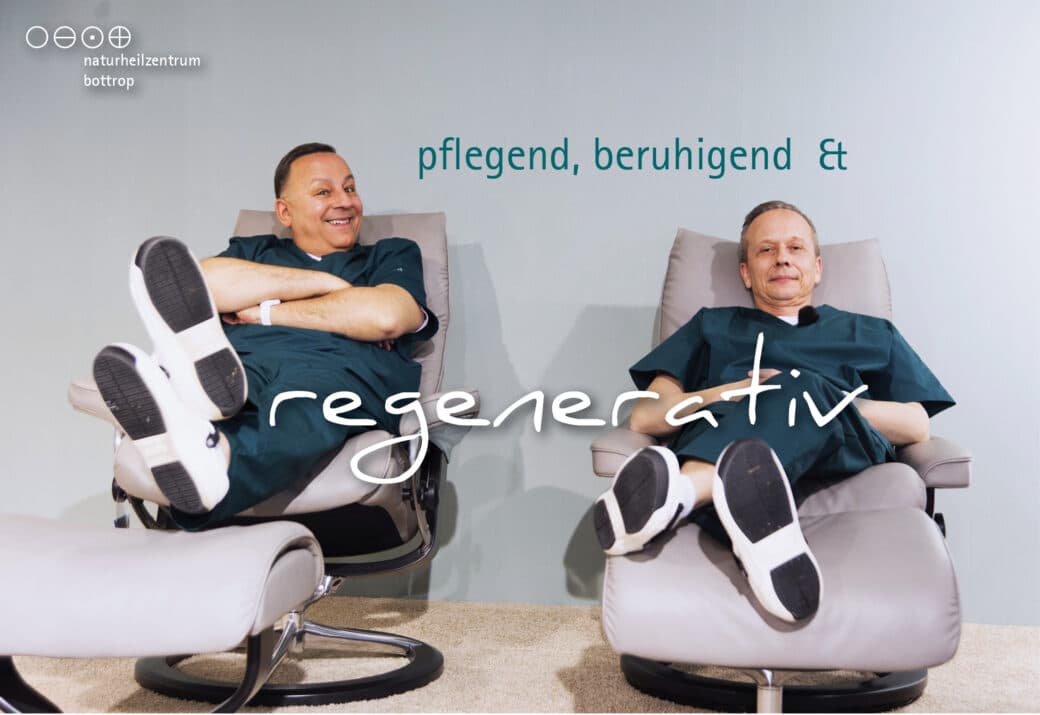
In some cases, there is even good scientific evidence for the harmfulness of some of these unsustainable and potentially harmful ingredients. Nevertheless, they remain allowed until further notice. Here I advise everyone to be well informed about the products when buying.
Natural cosmetics have the advantage that they are practically only made from harmless and sustainable resources. Thus, the risk for harmful effects of the ingredients may be lower.”
A listing of potentially questionable substances used in various cosmetics is given, among others, by the magazine Öko-Test.

The environment can benefit, too
In addition, for Rüger, the environment is also one of the main beneficiaries of the trend towards more natural cosmetics:
“Conventional cosmetics often contain mineral oil-based substances, i.e. they are derived from a non-renewable raw material. Probably the most problematic ingredient for the environment in the long term is microplastic. These are tiny plastic particles that are usually invisible to the naked eye.
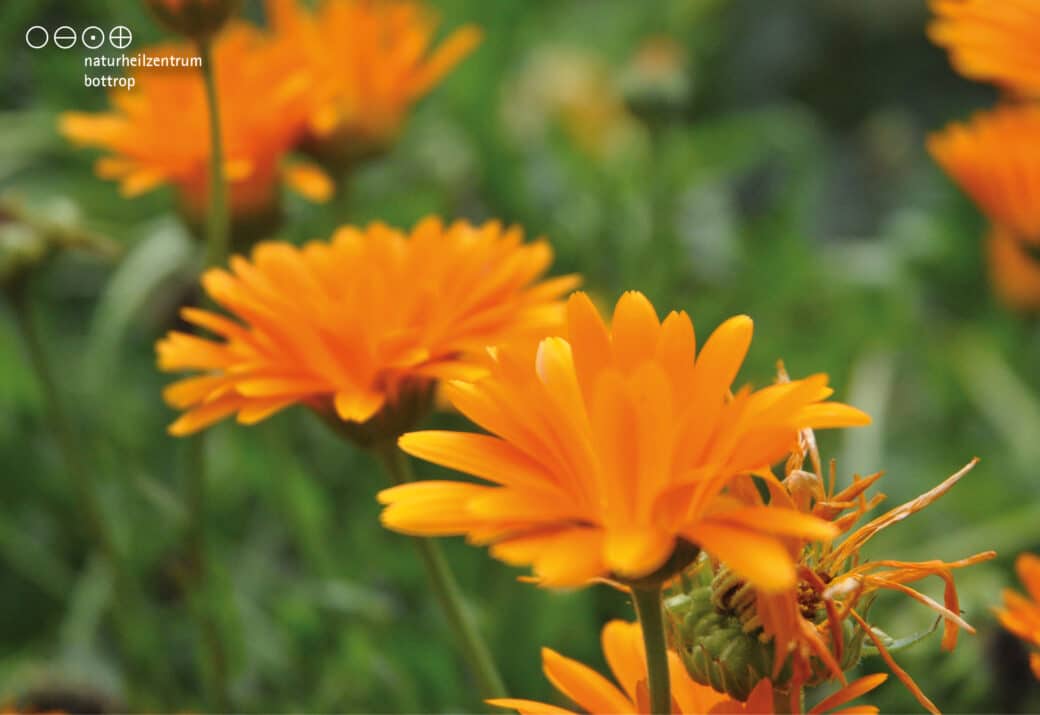
These tiny particles can only be broken down by nature with great difficulty and continue to accumulate. They are first absorbed by micro-organisms in the sea and are passed down the food chain. Today we can detect the microplastics in land animals and even in Humans with completely unknown long-term effects.”
More natural cosmetics or organic cosmetics could therefore make an important contribution to reducing the accumulation of microplastics in nature.
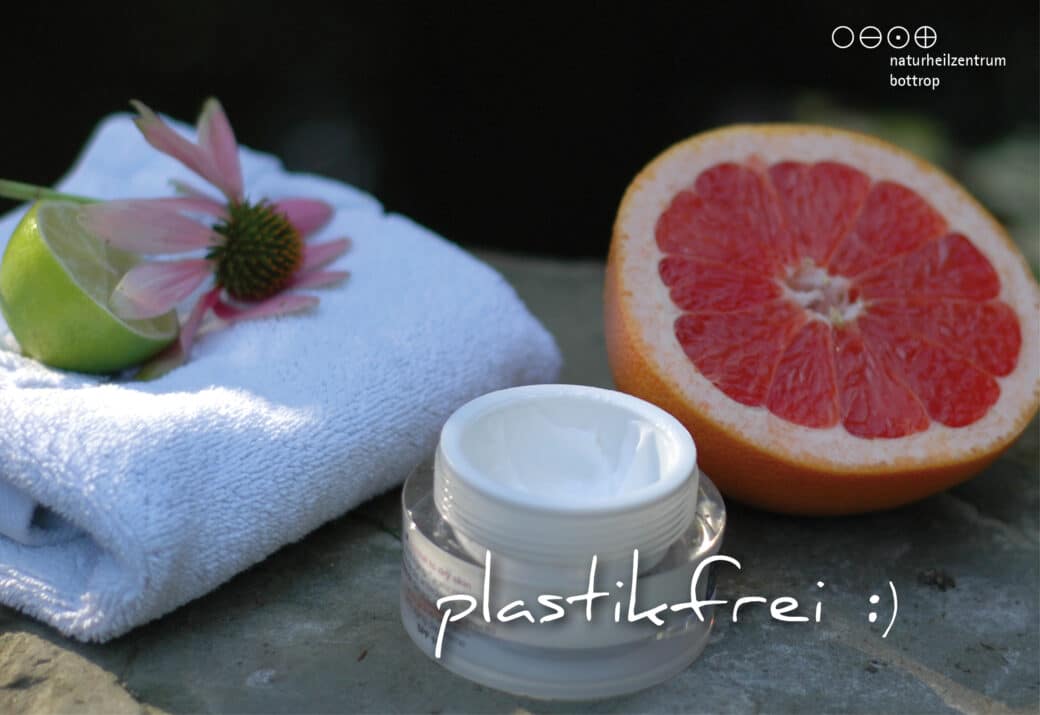
More info on sustainable cosmetics at the Naturheilzentrum Bottrop
Christian Rüger and his colleague Farid Zitoun provide more info on the topic of natural cosmetics and the possible influence of cosmetics on health in the new video on the Naturheilzentrum Bottrop YouTube channel.
There they also show that natural cosmetics can be made by anyone. More about this can be found in the blog post by Nicole Langen: Make your own natural cosmetics.








